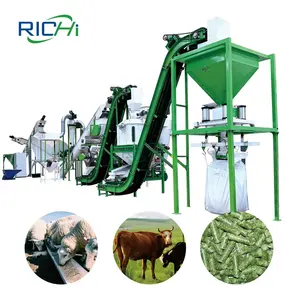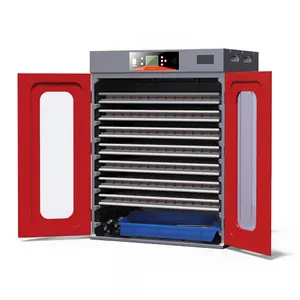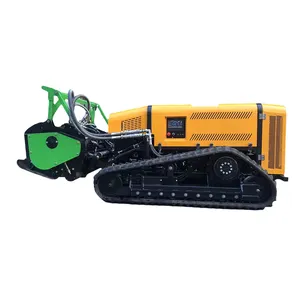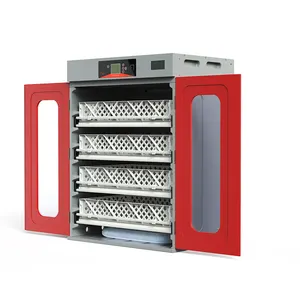Popular in your industry
























































Top categories
About soya chunks production process
Soya Chunks Production Process: A Comprehensive Guide
Soya chunks, also known as soya badi, are a popular source of protein made from defatted soy flour. The soya chunks production process involves several intricate steps to create these nutritious and versatile meat substitutes.
Overview of Soya Chunks Making Process
The manufacturing process of soya chunks starts with the cleaning and soaking of soybeans, followed by dehulling and extrusion to form textured vegetable protein. The mixture is then cut into desired shapes, cooked, and dried to produce the final product.
Technical Details of Soya Badi Making Machine
The soya badi making machine used in the production process plays a crucial role in shaping the soya chunks. It typically consists of stainless steel equipment for hygiene, an extruder for texturizing the protein, and a dryer for removing moisture content.
Efficiency and Quality in Soya Chunks Manufacturing Process
Ensuring efficiency and quality in the soya chunks manufacturing process is essential to meet the demand for this plant-based protein. The machinery used must have precise control systems for extrusion, cutting, and drying to maintain consistency and nutritional value.
Sustainability and Innovation in Soya Chunks Production
Sustainable practices and innovation are driving forces in the soya chunks production industry. Manufacturers are exploring eco-friendly packaging options, optimizing energy usage in production, and developing new technologies to enhance the process.
When choosing a soya badi making machine for your production line, consider factors such as capacity, efficiency, maintenance requirements, and after-sales support. Investing in a reliable and high-quality machine will ensure smooth operations and consistent product quality.
In conclusion, understanding the soya chunks production process and the machinery involved is crucial for businesses in the food processing industry. By staying informed about the latest technologies and best practices, manufacturers can meet the growing demand for plant-based protein products and contribute to a more sustainable future.


































